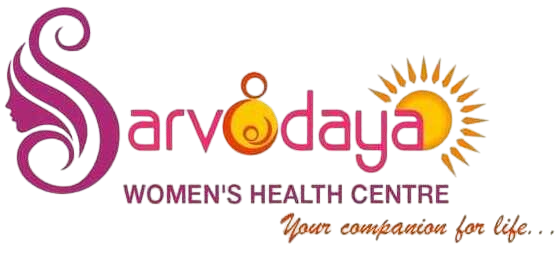


These techniques are often used during IVF treatment to increase the chances of success or preserve fertility for the future. Let’s go through each one
Ovarian rejuvenation is a new and evolving treatment that aims to restore or improve the activity of the ovaries, especially in women who have:
This treatment offers hope for women who may have been told they cannot conceive with their own eggs.
Ovarian rejuvenation uses your own body’s natural healing power to help your ovaries become active again. There are a few methods being studied, and most involve using your own blood or cells to “wake up” the ovaries.
The most common method is:
 PRP (Platelet-Rich Plasma) Ovarian Rejuvenation
PRP (Platelet-Rich Plasma) Ovarian RejuvenationThese growth factors may help stimulate dormant follicles (immature eggs) and improve ovarian function.
Who Might Benefit?
Since this is still a developing treatment, results can vary. Some women may see:


However, it’s important to know
Yes — because PRP uses your own blood, it’s generally considered safe and low-risk. The procedure is done under sedation or local anesthesia and is usually quick and minimally invasive.
Side effects are rare but may include
 A Message of Encouragement
A Message of EncouragementOvarian rejuvenation is not a miracle cure, but it is a promising option for women who want to try every possible path to parenthood using their own eggs.
It may be a way to reawaken fertility naturally, with gentle support from your own body.
Infertility is typically defined as the inability to conceive after 12 months of regular, unprotected intercourse (or 6 months if the woman is over 35). It can affect both men and women and may be due to a variety of medical or lifestyle factors.
You should consider seeing a fertility specialist if:
Common causes include:
Common causes include:
Diagnosis often involves:
Treatment depends on the underlying cause and may include:
Yes. Female fertility declines significantly after age 35 due to a decrease in the quantity and quality of eggs. Male fertility also declines with age, but generally at a slower rate.
Yes. Maintaining a healthy weight, reducing stress, avoiding smoking and excessive alcohol, eating a balanced diet, and getting regular exercise can all positively impact fertility in both men and women.
Success rates vary depending on factors like age, cause of infertility, and type of treatment. For example, IVF success rates can range from 30% to over 60% per cycle depending on the patient’s age and health profile.
Yes. Most fertility treatments are safe when monitored by experienced specialists. Side effects are usually mild, but in some cases, there can be risks such as multiple pregnancies or ovarian hyperstimulation syndrome (OHSS), especially with certain medications.

Premier women’s healthcare facility
Near SDM Engg College, Opp Police Training School, Kalaghatagi Road, Giri Nagar, Dharwad - 580002